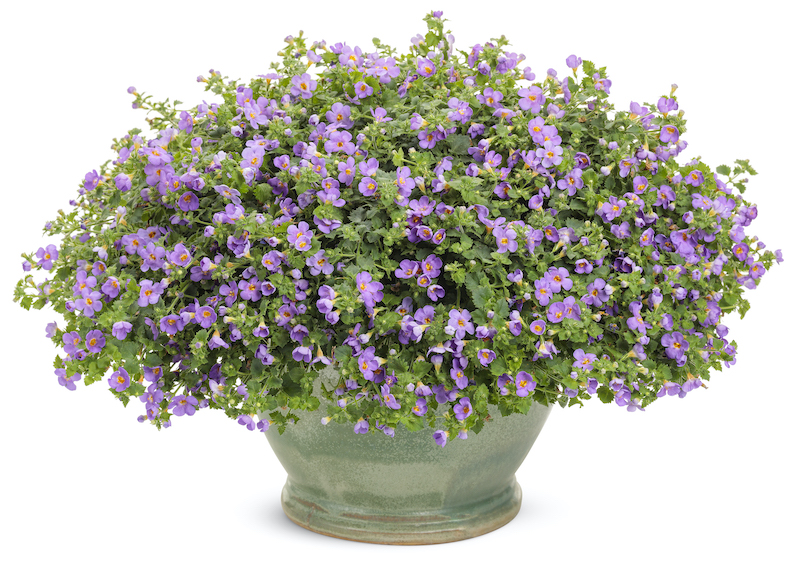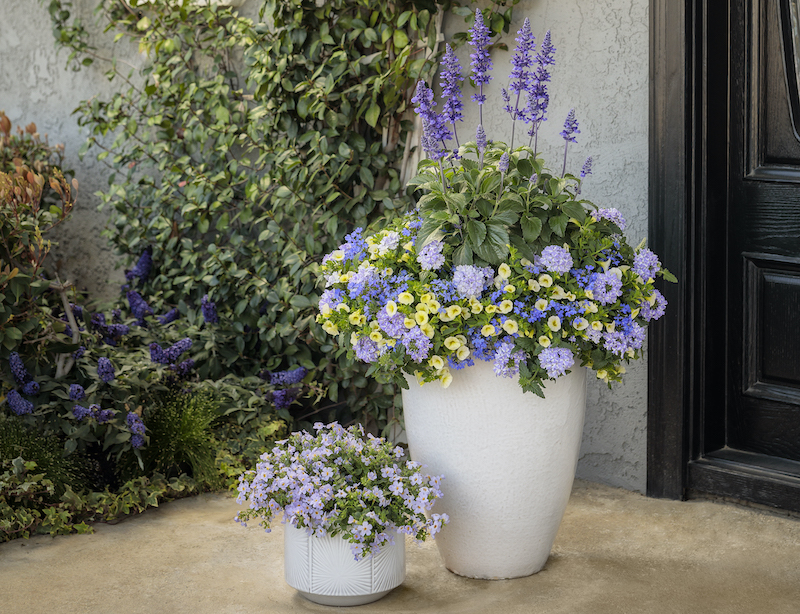Bacopa (Chaenostoma cordatum, syn. Bacopa cordata) is an ornamental flowering plant that is planted in gardens and containers. Its leaves, seeds, flowers and roots are not known to be toxic to kids, dogs, cats or other animals. However, the plant is not meant to be consumed, so you should try to deter children and animals from chewing on or eating it. You can keep kids and animals away from your bacopa by building a fence or plant barrier, or simply hanging it in a container that is out of reach.
Other plants also go by the name of bacopa, including Bacopa monnieri and Bacopa caroliniana. Both plants are considered edible and have been used for medicinal purposes. Bacopa monnieri is used in traditional Ayurvedic medicine and is available commercially as a supplement.

Are Bacopa Poisonous to Children?
There is no evidence that bacopa plants are toxic to children. However, it is an ornamental plant and is not considered edible for children.
Are Bacopa Poisonous to Dogs?
Bacopa is an ornamental plant and should not be fed to dogs. However, there is no evidence that bacopa is toxic to dogs or other animals.
Are Bacopa Poisonous to Cats?
You should not feed bacopa to your cat, as it is an ornamental plant. However, if your cat does decide to chew on or eat your bacopa, it is not toxic.
Are Bacopa Poisonous to Other Animals?
There is no evidence to suggest that bacopa is poisonous to any living animals. However, because they are ornamental flowering plants, they are not meant to be fed to animals. Bacopa is also known to be deer and rabbit resistant.
General Symptoms Of Poisoning
Although bacopa is not known to be toxic, always check with your doctor or veterinarian for guidance if you suspect plant poisoning.
Here are some general symptoms of poisoning to look out for:
- Feeling sick
- Diarrhea
- Stomach pain
- Drowsiness, dizziness or weakness
- High temperature
- Chills
- Loss of appetite
- Headache
- Irritability
- Trouble swallowing
- Breathing difficulties
- Producing more saliva than usual
- Blue lips and skin
- Skin rash
- Burns around the nose or mouth
- Double or blurred vision
- Mental confusion
- Seizures
- Loss of consciousness
- Coma
Preventing Bacopa Consumption
Although bacopa is not poisonous, it is not meant to be eaten. If you have problems with children, dogs, cats or other animals consuming bacopa in your garden, there are several things you can do. First, you can install a barrier such as a fence. You can also create a barrier with other plants. Some plants that deter both cats and dogs include aloe, agave, prickly pear, hollies, barberries and huckleberry.
They can be used as borders around gardens to block access. Additionally, you can keep dogs away from your bacopa by planting things that have strong odors like garlic or onion. Finally, because bacopa does well in containers, you can simply hang it somewhere where animals and children cannot reach it.
Since bacopa are not known to be toxic, you can also use them as a border to prevent access to other plants in your garden that are poisonous. This may be more effective with children than with other animals like cats and dogs.

Pet Poison Helpline
If something were to happen to your furry friend, and you suspect that they are suffering from plant poisoning, there is a poison control hotline to call for 24/7 vet advice. It is called the Pet Poison Hotline, and their phone number is (855) 764-7661.
Sources:
"Bacopa (Brahmi)." University of Texas at El Paso. utep.edu
"Bacopa monnieri." The North Carolina Extension Gardener Plant Toolbox. plants.ces.ncsu.edu
"Lemon Bacopa: Bacopa Caroliniana." University of Florida Institute Of Food And Agricultural Sciences. edis.ifas.ufl.edu
 |
Author Chris Link - Published 12-16-2022 |
